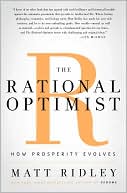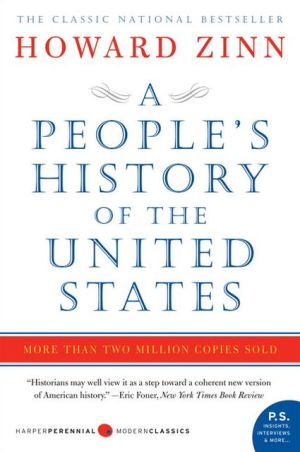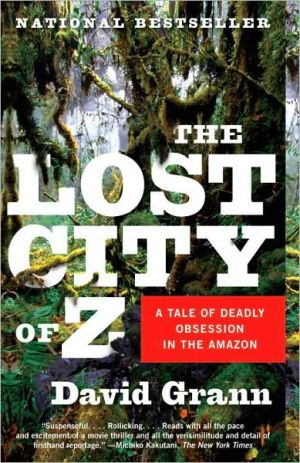The Rational Optimist: How Prosperity Evolves
Search in google:
Life is getting better—and at an accelerating rate. Food availability, income, and life span are up; disease, child mortality, and violence are down — all across the globe. Though the world is far from perfect, necessities and luxuries alike are getting cheaper; population growth is slowing; Africa is following Asia out of poverty; the Internet, the mobile phone, and container shipping are enriching people’s lives as never before. The pessimists who dominate public discourse insist that we will soon reach a turning point and things will start to get worse. But they have been saying this for two hundred years. Yet Matt Ridley does more than describe how things are getting better. He explains why. Prosperity comes from everybody working for everybody else. The habit of exchange and specialization—which started more than 100,000 years ago—has created a collective brain that sets human living standards on a rising trend. The mutual dependence, trust, and sharing that result are causes for hope, not despair. This bold book covers the entire sweep of human history, from the Stone Age to the Internet, from the stagnation of the Ming empire to the invention of the steam engine, from the population explosion to the likely consequences of climate change. It ends with a confident assertion that thanks to the ceaseless capacity of the human race for innovative change, and despite inevitable disasters along the way, the twenty-first century will see both human prosperity and natural biodiversity enhanced. Acute, refreshing, and revelatory, The Rational Optimist will change your way of thinking about the world for the better. The Barnes & Noble Review Ridley's book is a useful corrective to prevailing pessimism, and should certainly be read by anybody of an apocalyptic bent, or anybody who is convinced that renewable fuels and organic food are obviously better for the environment and for humanity than the alternative. Still, Ridley is himself an interesting example of what can happen when someone is too optimistic: he was chairman of UK bank Northern Rock, which, when it failed in 2007, became the first bank in the country to suffer a bank run since the 19th century, and had to be taken over by the government. Sometimes, a bit of precautionary pessimism can be decidedly useful.
Prologue: when ideas have sex 11 A better today: the unprecedented present 112 The collective brain: exchange and specialisation after 200,000 years ago 473 The manufacture of virtue: barter, trust and rules after 50,000 years ago 854 The feeding of the nine billion: farming after 10,000 years ago 1215 The triumph of cities: trade after 5,000 years ago 1576 Escaping Malthus's trap: population after 1200 1917 The release of slaves: energy after 1700 2138 The invention of invention: increasing returns after 1800 2479 Turning points: pessimism after 1900 27910 The two great pessimisms of today: Africa and climate after 2010 31311 The catallaxy: rational optimism about 2100 349Acknowledgements 361Notes and references 363Index 421








